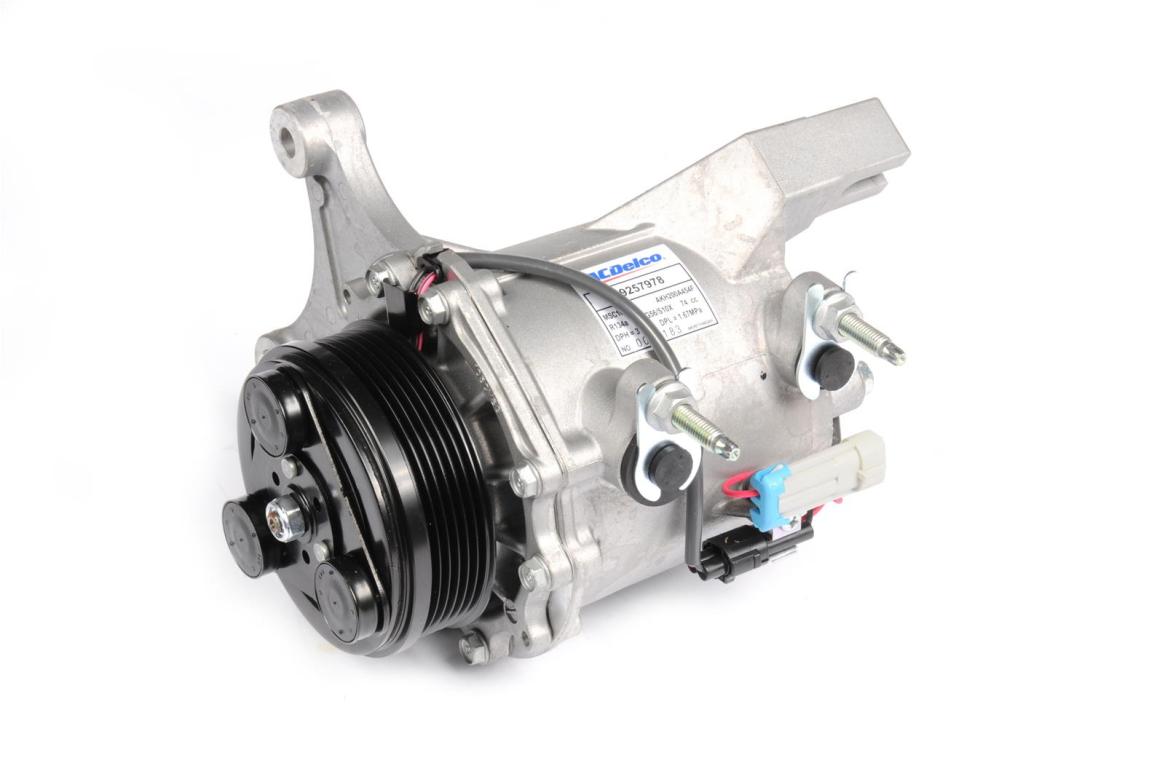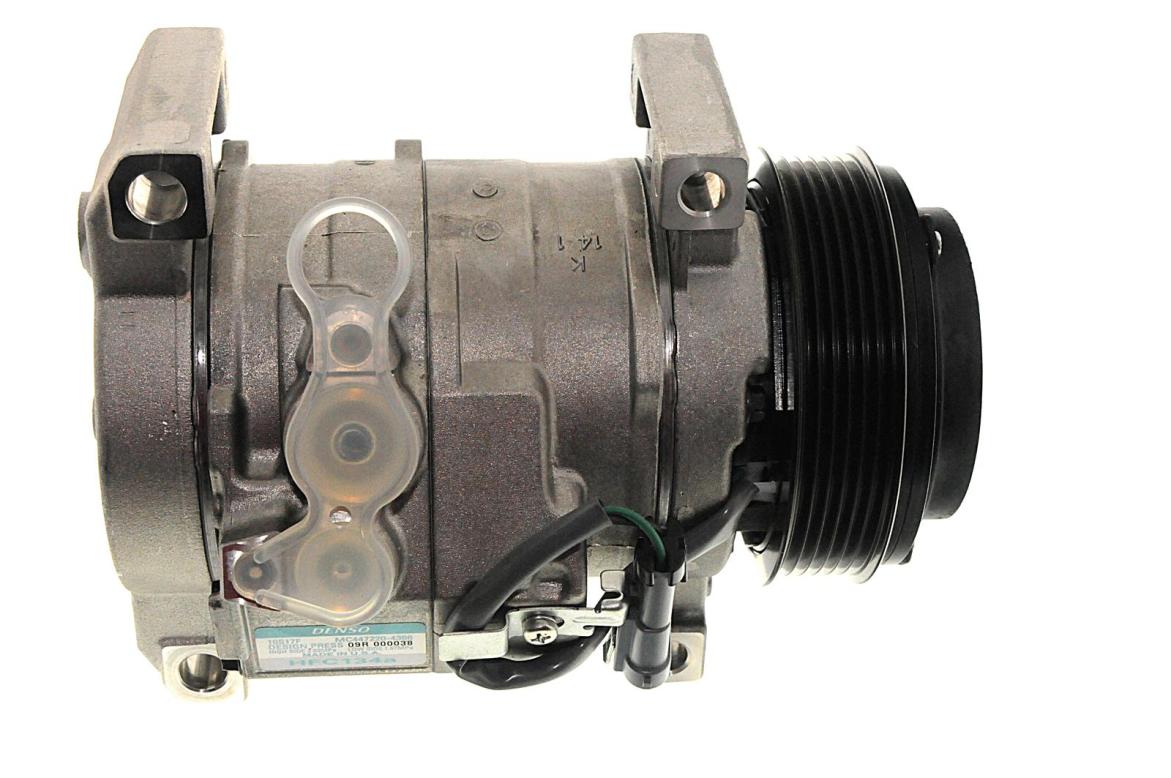What Are the Signs That My Air Conditioner Compressor Needs to Be Repaired or Replaced?
A properly functioning air conditioner compressor is essential for maintaining a comfortable indoor environment, especially during hot summer months. However, like any mechanical device, compressors can experience issues over time that may require repair or replacement. Recognizing the signs of a compressor problem can help you address it promptly, preventing further damage and ensuring efficient cooling performance.

I. Signs Of A Compressor Issue:
1. Reduced Cooling Efficiency:
- Noticeably warmer air coming from the vents, even when the thermostat is set to a low temperature.
- Longer cooling times, even on low temperatures, indicating that the compressor is struggling to achieve the desired cooling level.
2. Unusual Noises:
- Rattling or grinding sounds during operation, suggesting internal mechanical issues within the compressor.
- Loud humming or buzzing noises, which may indicate electrical problems or a faulty compressor.
3. High Energy Bills:
- A sudden increase in electricity consumption, despite no significant changes in usage patterns, may indicate that the compressor is working harder than usual.
- The compressor running more frequently and for longer durations, leading to higher energy bills.
4. Refrigerant Leaks:
- Visible leaks around the compressor or refrigerant lines, often accompanied by a hissing or bubbling sound during operation.
- A drop in cooling performance, as refrigerant levels decrease due to leaks.
5. Short Cycling:
- The compressor frequently turning on and off within a short period, without maintaining a consistent cooling cycle.
- Inability to maintain a consistent temperature, resulting in fluctuating indoor temperatures.
6. Overheating:
- The compressor feels hot to the touch, indicating excessive heat buildup.
- A burning smell coming from the unit, suggesting electrical or mechanical problems.
II. Causes Of Compressor Issues:
1. Wear And Tear:
- Natural aging of the compressor over time, leading to gradual deterioration of its components.
- Lack of regular maintenance and servicing, resulting in accumulated dirt and debris affecting the compressor's performance.
2. Refrigerant Leaks:
- Corrosion or damage to refrigerant lines, causing leaks that reduce refrigerant levels.
- Loose fittings or connections, leading to refrigerant loss.
3. Electrical Problems:
- Faulty wiring or loose connections, causing electrical malfunctions that affect the compressor's operation.
- Overloading the electrical circuit, exceeding the compressor's capacity and leading to overheating.
4. Overheating:
- Insufficient airflow around the unit, preventing proper heat dissipation and causing the compressor to overheat.
- Dirty condenser coils, restricting airflow and reducing the compressor's cooling efficiency.
III. When To Repair Or Replace The Compressor:
1. Minor Issues:
- Small refrigerant leaks can be repaired by a qualified technician, restoring the system's cooling performance.
- Electrical problems may be fixable with professional assistance, preventing further damage to the compressor.
2. Major Issues:
- Extensive compressor damage, such as a seized or locked rotor, requires replacement of the entire compressor.
- Severe refrigerant leaks, resulting in a significant loss of refrigerant, may necessitate compressor replacement.
IV. Importance Of Professional Diagnosis:
Accurately identifying the root cause of a compressor issue is crucial for effective repair or replacement. Professional diagnosis by a qualified HVAC technician ensures:
- Accurate identification of the issue, preventing misdiagnosis and unnecessary repairs.
- Proper repair or replacement recommendations, based on the severity of the problem and the condition of the compressor.
- Ensuring safe and efficient operation of the air conditioner, preventing further damage and potential hazards.
V. Conclusion:
Regular maintenance and servicing of your air conditioner can extend the life of the compressor and prevent costly repairs or replacements. Timely repairs or replacements, when necessary, can prevent further damage and ensure efficient cooling performance. Professional assistance is crucial for accurate diagnosis and resolution of compressor issues, ensuring the safety and efficiency of your air conditioning system.

YesNo

Leave a Reply